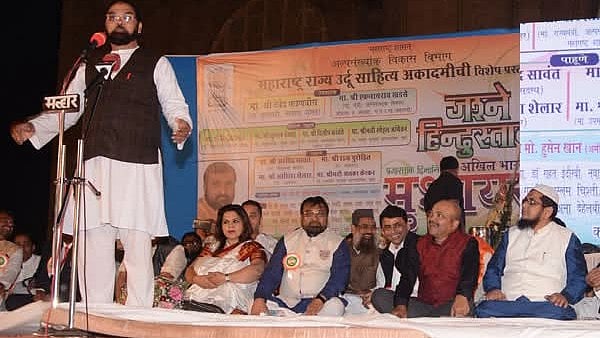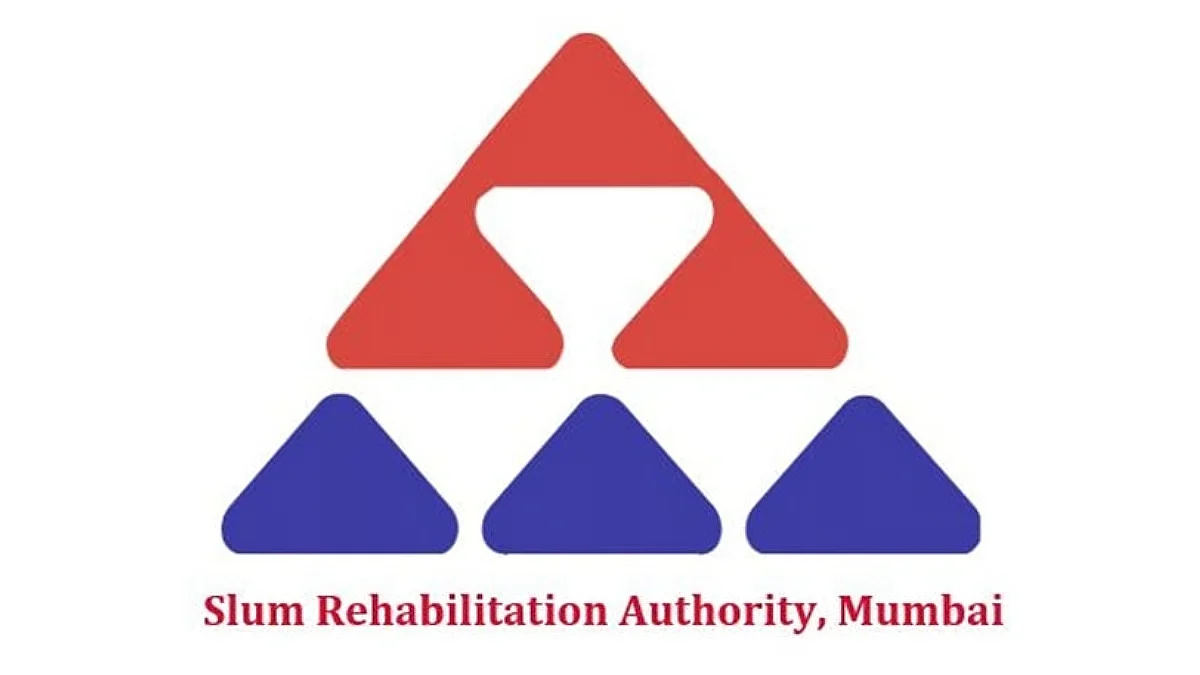The State Human Rights Commission, presided over by the division bench of Justice K.K. Tated and M.A. Sayeed, has taken cognizance of the complaint filed by a leading judicial activist NGO, Janhit Manch, of more than 5000 mentally ill destitute men and women wandering and living a sorry life on the streets of Mumbai. The NGO claimed that these people have been totally abandoned, not only by their families , but also by the state.
The 17-page order copy passed by the SHRC reads the entire complaint of the NGO. It states, "The complaint is about a few schizophrenic, bipolar, and mentally unstable people roaming on the streets of Mumbai, who are forced to consume spoiled food as well as live a destitute life." Many times, such people are subjected to physical as well as sexual abuse. There are no estimates of the population of mentally, ill, destitute, men, and women living on the streets of Mumbai, but it estimates that, the number of homeless would be more than 5000.”

It further read, “These men and women were found to be often lost in their own world, laughing, and talking to themselves. They were found to be in poor physical health due to a lack of nutritious and hygienic food. They live in open spaces and barely survive from food left in the garbage. They are stripped of all human dignity, and often no one cares whether they live or die. Many of them suffer from schizophrenia, bipolar disorder, or major depression. Homeless women who are mentally ill face the risk of sexual abuse. There has been a substantive increase in the number of mentally ill persons in Mumbai, particularly after the COVID pandemic.”
The NGO has cited several judgments passed by various High courts across the country, explaining the Mental Healthcare Act. The observations made by the Madras High Court in the matter of Gurunath vs. Dy. Directorate of Public Health and Preventive Medicines and Others, reported in 2024, explained the meaning of mental illness as explained in the Act. “ “Mental illness “ means a substantial disorder of thinking, mood, perception, orientation, or memory that grossly impairs judgment, behavior, capacity to recognize reality, or ability to meet the ordinary demands of life. Section 18 of the Act says that every person shall have a right to access mental healthcare and treatment from mental health services, run or funded by the appropriate government.”

The NGO also cited a judgment passed by the Bombay High Court in a PIL of Dr Harish Shetty versus the state of Maharashtra, which said that as per Section 50 of the Act, the state shall develop a protocol for training all concerned persons, which includes law enforcement officials, mental health professionals, and other health professionals, about the provisions and implementation of the act. The state government shall render assistance to the state health authority in developing the protocol for the training program.
Looking at the gravity of the complaint, the SHRC has thus issued a summons to the Additional Chief Secretary of the Home Department, the Additional Chief Secretary of the Public Health Department, the Secretary of Persons with Disability Welfare, and the Secretary of the Woman and Child Development Department, and has asked them to hold a fact-finding inquiry, submit an affidavit, and submit it before the commission before August 20.






